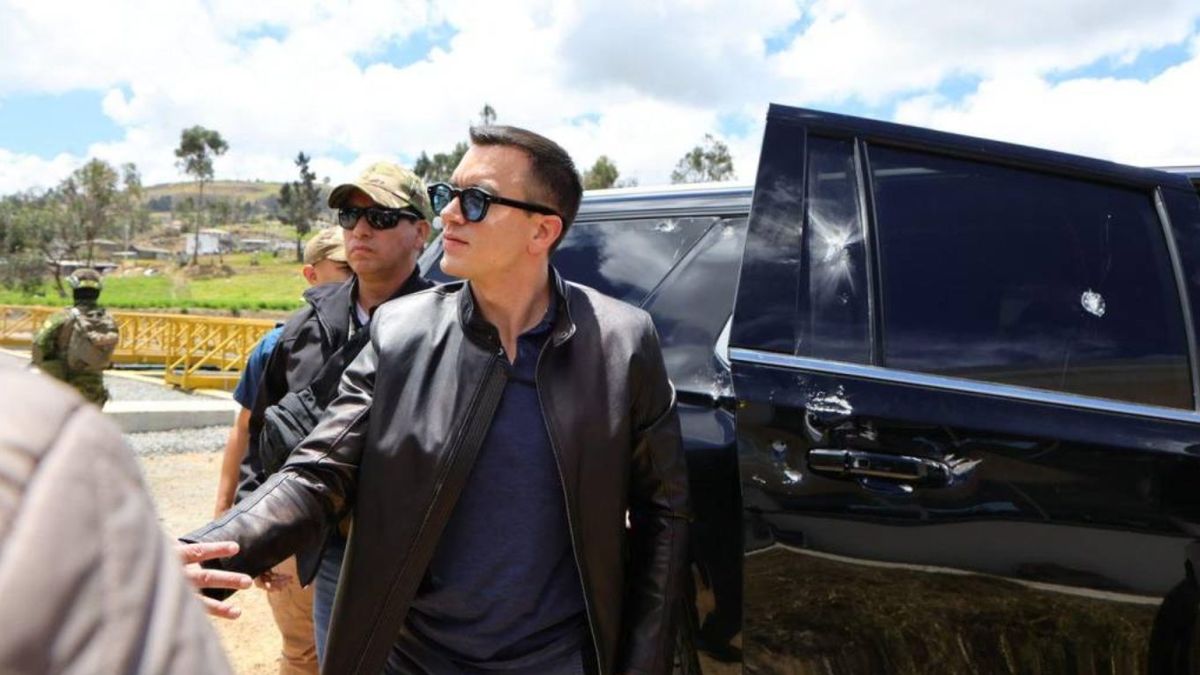At 35, Dominik Wlazny only reached the legal minimum age in December. While Alexander Van der Bellen is not the oldest of all candidates, he is the oldest federal president to run for a second term.
Thus, in all probability, another record will also fall on the day of the swearing-in: If, as expected, Van der Bellen wins, the oldest Federal President since the introduction of the 1951 election will be sworn in. Incidentally, the head of state elected at the time, Theodor Körner, was the record holder so far – with 28,500 days (78 years) since his birth on April 24, 1873 when he was sworn in. Van der Bellen is on January 26, 2023, when the next term begins, 28,863 days (also 78 years) old.
His competitors are all significantly younger – overall, this year’s field of candidates with an average age of 56.6 years is the second youngest of the 14 Hofburg elections. Only in 1998 were the (then five) candidates a little younger on average, namely 54.4 years.
In view of the current surveys, it is very questionable that the record result will fall on October 9th. Because this mark was set by Rudolf Kirchschläger in 1980 – supported by both the SPÖ and the ÖVP when he was re-elected – at 79.87 percent; Heinz Fischer, who was originally nominated by the SPÖ, came very close to her second appearance in 2010 with 79.33 percent.
The fact that 80 percent is probably not achievable is also due to the fact that Van der Bellen has six opponents – while Kirchschläger and Fischer only had two each. The closest exit so far was in 1965, when SPÖ candidate Franz Jonas (when he first ran) came out on top with 50.69 percent against ÖVP candidate Alfons Gorbach – his only competitor.
When Fischer ran for re-election in 2010, however, there was also a negative record: turnout was extremely poor at 53.57 percent. Many voters stayed at home because the ÖVP (like the Greens) did not put any applicants in the running, but also showed great reluctance towards the former SPÖ politician Fischer.
It is to be hoped that the seven candidates will be able to motivate more voters to vote this year. In the meantime, however, the best voter turnout to date is as good as unachievable: 97.16 percent took part in 1957, when voting was still compulsory.
Record values for candidates, federal presidents and elections since 1951:
– Term of office – shortest: Theodor Körner (5.6 years, 1951 to 1957)
– Term of office – longest: Rudolf Kirchschläger and Heinz Fischer on July 8, 2016 (12 years)
– Youngest Federal President (at the election): Rudolf Kirchschläger 1974 (59 years 3 months 3 days), Thomas Klestil 1992 (59 years 6 months 20 days)
– Senior Federal President (at the election): Theodor Körner (78 years)
– Best result: Rudolf Kirchschläger 79.87 percent (1980), Heinz Fischer 79.33 percent (2010)
– Tightest election outcome: 1965 Franz Jonas 50.69 percent / Alfons Gorbach 49.31 percent
– Most voters: Rudolf Kirchschläger 3.538.748/79.87 percent (1980)
– Fewer voters: Ludovica Hainisch 2,132/ 0.05 percent (1951)
– Most candidates: Seven – 2022
– Few candidates: Two – 1957, 1965, 1971, 1974, 2004
– Youngest candidate: Dominik Wlazny 35 years (2022), previously: Gertraud Knoll 39 years (1998)
– Oldest candidate: Richard Lugner 83 years (2016)
– Recent candidate field: 54 years on average (1998). this year: 57 years on average
– Oldest candidate field: 71 years on average (1957)
– Highest turnout: 97.16 percent (1957)
– Lowest turnout: 53.57 percent (2010)
Source: Nachrichten




